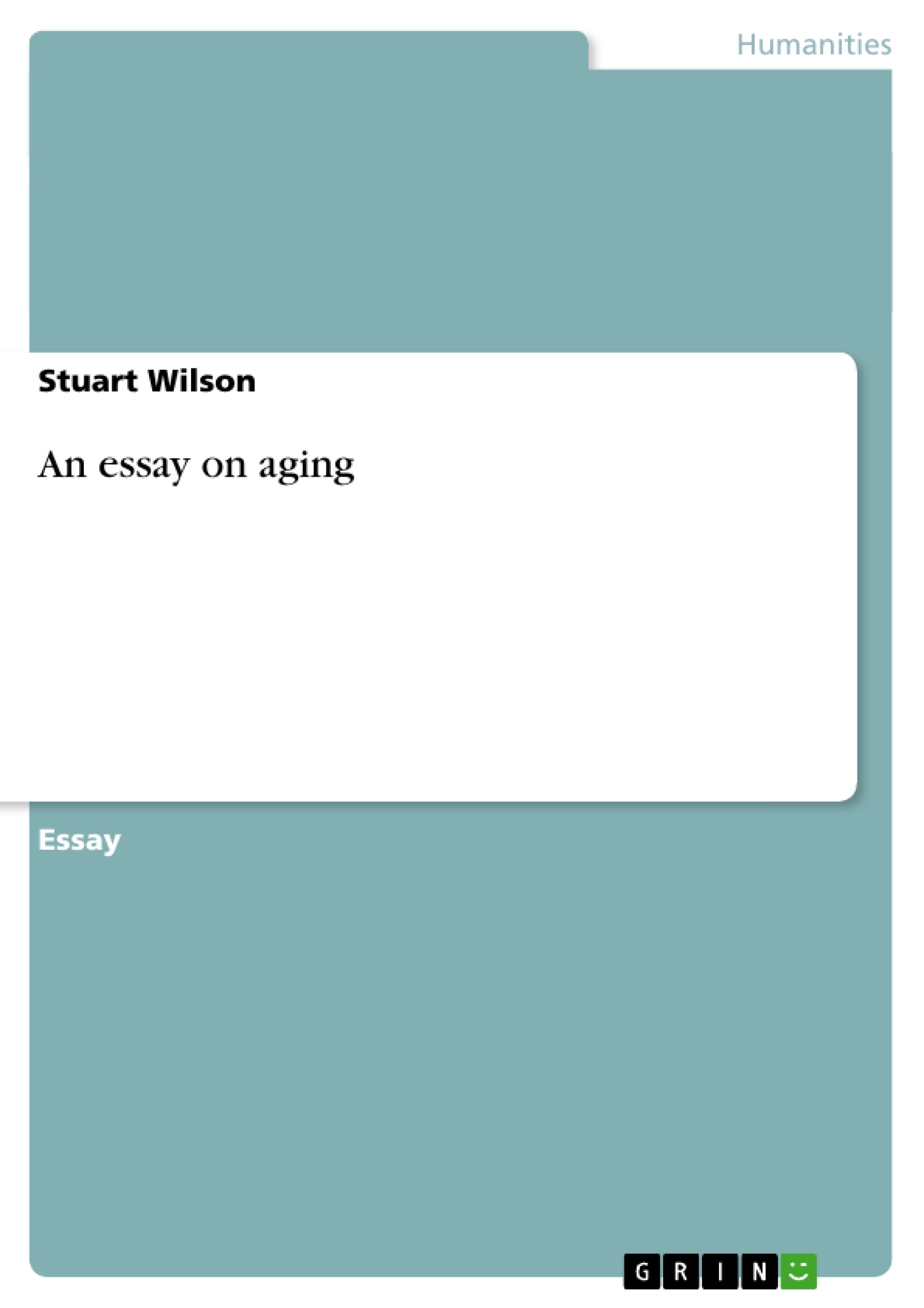Excerpt
CONTENTS
An introduction to aging
Car crashes on the road to immortality Diet and aging
Science bites
The immortal cells of Henrieta Lacks
Cholesterol, good cop/bad cop
An introduction to aging
The record-breaking Wrinklies
The oldest known living inhabitant of our planet, Methuselah, lives on a wind-swept mountainside in the White Mountains of California. Methuselah is a gnarled Bristlecone pine that tree-ring studies have shown to be nearly 5000 years old. That is an impressive age, even for a tree and it is fifty times longer than many of us could expect to live. In our defence, trees are fairly simple life-forms when compared to the complexity of animals and humans. Trees don’t have livers, kidneys, brains or a host of other complex organs that mammalian animals need for life. Methuselah has even lost a few limbs to the ravages of wind and time but I doubt if our planet’s oldest inhabitant has even noticed.
Compared to Methuselah, mammals are much more complex and have much more fleeting lives. The oldest recorded mammal is that of a bowhead whale that was caught off the coast of Alaska in 2007. Embedded in the whale’s neck was a harpoon tip of the type that had not been used in the region for over 130 years and has, in fact, been traced back to its manufacture in 1880. Scientists now believe that bowhead whales can live to be 200 years old. How does this compare to humans?
The record for the oldest human is Jeanne Calment of France, 1875-1997 at 122 years old.
Though impressive, it is interesting to note that this record age is not much older than many of us might expect to live today. In fact, this record age is still only 50 years more than the mean life expectancy in the US and Europe. There is no doubt that we are living longer but this does not appear to be increasing the maximum lifespan that our species can achieve. If the maximum age that we could expect to live was in fact increasing year on year, then the record of Jeanne Calment, which has remained unbroken now for more than 15 years, would surely have already been broken and broken several times over. What explains this absolute age that we cannot live beyond? Why does our maximum lifespan appear to be capped?
We die because our selfish genes don't care.
In life, we may invest time and energy in our careers and hobbies but however fulfilling these are, it is not why we are here. Leaving aside the existence, or not, of a God or Gods or at least a sentient purpose to our existence, we exist in order to propagate. It is where we came from and it is where we are going or for those of us who are older, where we most likely have already been. We age because, in pure evolutionary terms, there has never been any selection pressure for our genes (the genetic information present in every one of our cells that makes us and our bodies who and what we are) to allow us to live beyond our reproductive years and the reproductive years of our children. Once we have fulfilled our roles as parents and grandparents which ensures that our genes have been passed safely on through our children and grandchildren there is no reason for our genes to keep us around. Our bodies slowly degenerate because they are not designed to do otherwise.
So we die through the casual neglect of our own selfish genes. Can anything be done about it? Many scientists now believe that we can tackle the age-related deterioration of our bodies but not by some magical elixir of life but by a basic scientific understanding of what has and what is going wrong and by correcting this with science and technology, some of which is already available to us. So what is going on? What is aging?
What is aging?
In order to be able to tackle aging, we must first know what aging is. As the years pass and we head for that age which most of us would call ‘old age’ a whole raft of changes occur so that our older bodies are vastly different from our youthful selves. So profound are these changes, that virtually no aspect of our bodies remain unaffected.
As we age, we lose muscle strength, our hair thins (in men and women), our brains shrink, our thyroids shrink, our bodies are less able to repair (cuts take longer to heal) and our body begins to attack itself (arthritis, for example), our skin becomes thinner and, along with our hearts, less elastic, our bones become brittle, we sleep badly, we develop cataracts, high blood pressure and have an increased risk of diseases such as cardiovascular disease, cancer, Alzheimer’s Disease, diabetes, pneumonia, tuberculosis etc..
- Quote paper
- Stuart Wilson (Author), 2012, An essay on aging, Munich, GRIN Verlag, https://www.grin.com/document/192065
Publish now - it's free






















Comments